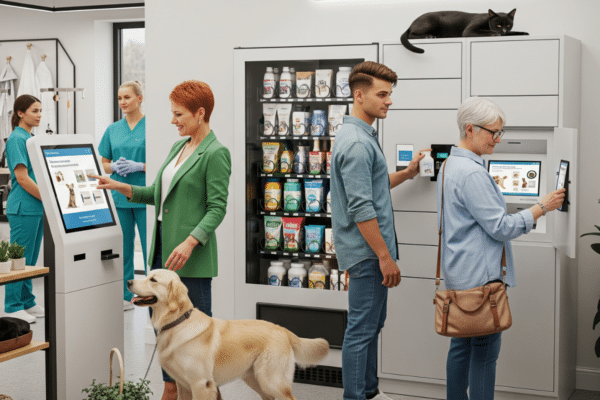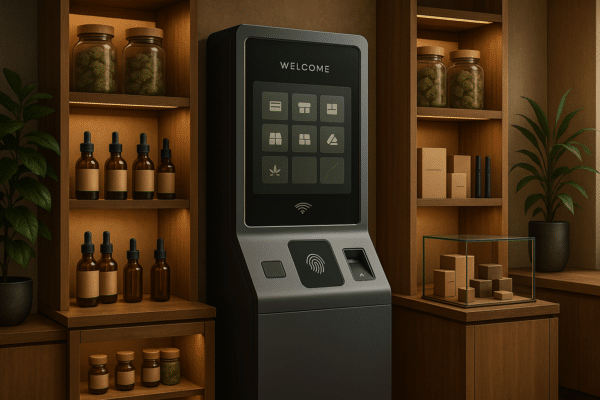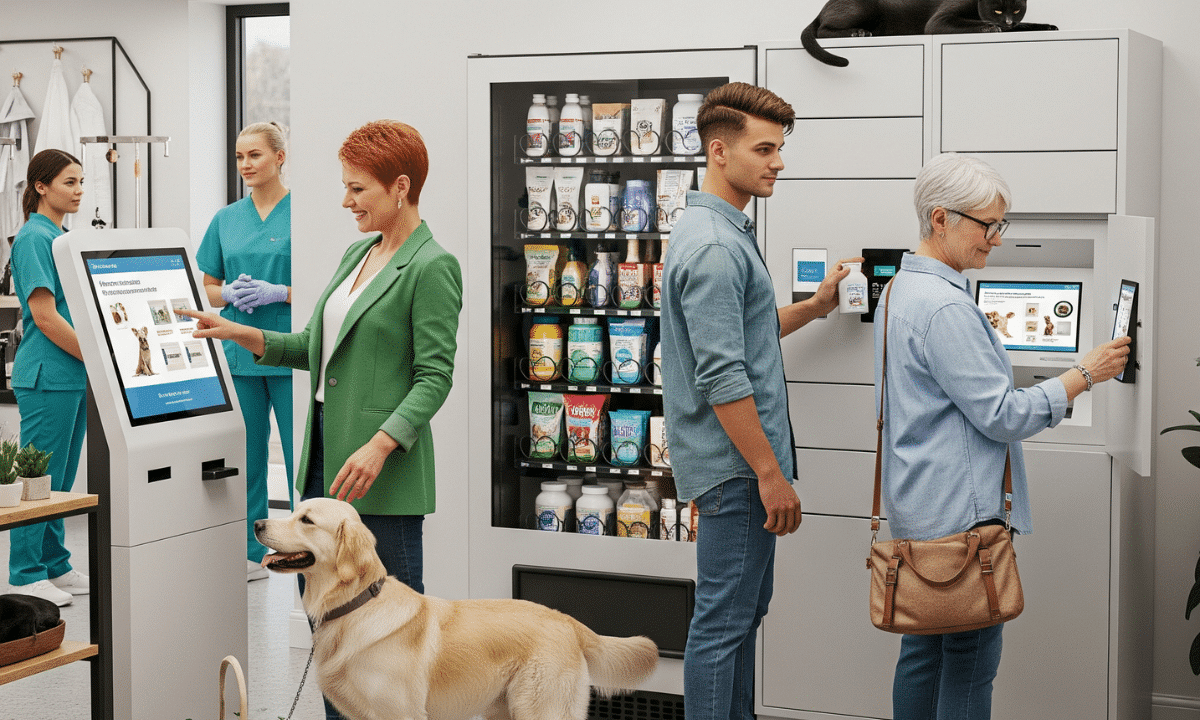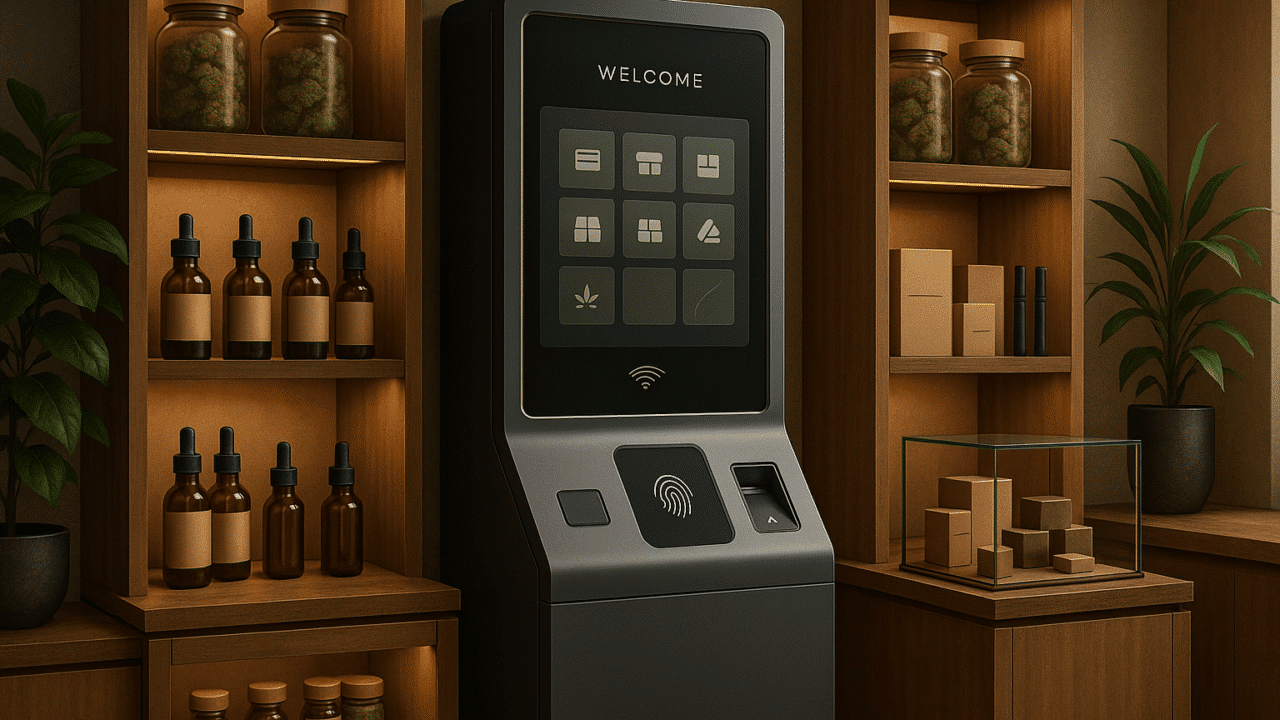
The Comprehensive Guide to Customer Engagement Platforms
As the digital revolution intensifies, so does the influence and importance of customer engagement. Success is no longer solely about offering the best products or services; what counts now is how well businesses engage customers and meet customer expectations throughout the entire shopping journey. This is the role of a modern customer engagement platform.
Introduction to Customer Engagement
In the digital era, companies strive to meet customer expectations and build customer loyalty by providing an outstanding customer experience. A modern customer engagement platform plays a pivotal role in this process. Such platforms act as bridges between businesses and their customers, ensuring seamless interaction through various channels.
An effective customer engagement solution enables businesses to manage data efficiently, automate workflows, provide omnichannel support, and much more.
Definition of a Customer Engagement Platform
The primary purpose of a customer engagement solution is to help businesses engage customers more effectively. Engagement tools integrates several customer support functions, such as email management, social media tracking, and contact center platforms into a single, user-friendly interface.
Used strategically, this platform can bolster your customer relationship management efforts, empowering your customer support team to deliver speedy, reliable, and personalized customer service. Businesses can also use engagement tools to guide everything from advertising campaigns to after-sales support.
The Importance of Consumer Engagement in Today’s Business
Todays customers are seeking an engaging and personalized shopping experience. A higher the level of engagement yields greater customer satisfaction and loyalty, which, in turn, lead to more referrals and repeat sales.
Therefore, businesses that optimize engagement are able to understand the customer journey better and, consequently, deliver exemplary customer service. Through the addition of customer engagement software, your support team can track, manage, and evaluate customer interactions, allowing them to create offers that resonate with the target audience.
Functions of a Customer Engagement Platform
A modern customer engagement platform streamlines various aspects of customer service and support. It provides a centralized, organized space for team members to manage support tickets, respond to customer queries, track potential customer leads, and engage in personalized marketing efforts.
Some key features include workflow automation, knowledge base management, and multi-channel integration across channels like chat, email, social platforms, and phone.
Key Features of Effective Customer Engagement Platforms
A good engagement platform is not characterized by its expense, but rather by key features that optimize customer support and streamline the administrative functions of the support team. Features such as customer analytics, multichannel messaging and communication, and automated marketing and sales processes are integral to a potent customer engagement solution.
Most importantly, your engagement platform should cater to your unique business needs and objectives.
Customer Analytics Capabilities
Implementation of customer analytics enables companies to make data-driven decisions and strategies. Consumer data can be harnessed to understand customer behavior, preferences, and buying patterns. This valuable insight illuminates the customer journey and forms a bedrock layer for devising tailored customer experiences. A modern customer engagement platform comes with built-in analytics tools that can offer predictive analyses, driving proactive engagement with potential customers.
For example, contact center platforms that offer robust analytics not only help improve customer service, they also alleviate the workload on the support team by enabling workflow automation. With such a system, managing a support ticket becomes easier for team members, who then have more time to focus on enhancing the overall customer experience.
Multichannel Messaging and Communication
With customers now interacting with brands through various communication channels – email, social, mobile apps, website chats, and more – engagement must be an omnichannel endeavor. Brands must maintain consistent dialogue across various mediums to ensure a seamless customer experience, regardless of the chosen communication channel.
For instance, social media is increasingly becoming an essential hub for customer interaction. An engagement tool that integrates social channels streamlines communication by providing a centralized location for all interactions. This way, team members can manage and respond to customer queries effectively and promptly, boosting customer loyalty in the process.
Automated Marketing and Sales Processes
Automation of marketing and sales processes is another key element of proficient customer engagement software. Workflow automation tools can help businesses execute repetitive tasks, manage emails, and monitor social media. Automation also allows for personalized marketing strategies by enabling businesses to trigger marketing campaigns based on customer data, behaviors, and preferences.
A customer engagement platform armed with automation tools allows businesses to scale their operations and maintain consistent and high-quality customer service. It also boosts support team productivity by handling routine tasks and processes so that team members can focus on high-priority tasks and customer issues.
Personalized Customer Experience
A personalized customer experience is one of the hallmarks of a successful engagement platform. Brands today must go beyond traditional customer service practices and work towards providing unique and personalized experiences. With in-depth customer analytics, brands can program their customer engagement platforms to deliver targeted marketing messages and offers, ensuring customers get the right message at the right time.
Moreover, a knowledge base resource feature can also contribute to a personalized customer experience. Customers can use these resources to quickly find answers to their questions, reducing the workload on support teams. A comprehensive customer engagement platform provides options for personalization at each step of the customer journey, promoting customer loyalty and satisfaction.
Choosing The Right Customer Engagement Platform For Your Business
The right platform can be a game-changer in customer service and customer support. When selecting a customer engagement solution, it’s essential to consider key features that align with your unique business needs. These key features may include social media integrations, workflow automation, omnichannel support, and effective email management.
Making sure you choose the right customer engagement software goes beyond just ticking boxes of features. It involves a comprehensive analysis of your business requirements, evaluating vendor capabilities, understanding the ease of implementation, and considering the cost implications.
Understanding Your Business Requirements
Before exploring various customer engagement models, it’s crucial to conduct a thorough analysis of your company’s customer support requirements. This involves understanding the customer journey, pinpointing common customer queries, assessing the effectiveness of your existing support tools, and identifying areas that can be enhanced.
Make sure your analysis encompasses all essential engagement tools, spanning from knowledge base management and ticketing systems to email management, social media monitoring, and chatbots. Recognize that each business has distinct demands, and gaining a clear understanding of yours will aid in selecting a platform that aligns with your specific needs.
Incorporate the perspectives of potential customers and support team members into this analysis. Their insights and feedback will furnish you with an honest assessment of your current customer engagement, highlight areas in need of improvement, and outline essential features that your new platform must possess.
Evaluating Vendor Capabilities and Scalability
After identifying your business needs, evaluate different platforms based on their functionalities, scalability, and reputation. Remember, customer relationship management is a long-term strategy, and the selected platform should have the capacity to grow with your business.
Assess the platform’s ability to seamlessly integrate with your existing contact center platform and other business workflows. Interoperability between different systems is crucial for a holistic view of customer data that can lead to personalized marketing.
It is equally necessary to look at the platform’s reputation. Seek insight from industry professionals and read customer reviews to gauge platform robustness and how easily it can be updated to meet evolving customer expectations and industry trends.
Implementation and Adoption
Full-scale deployment of a modern customer engagement platform requires careful planning and execution. It involves setting up multiple communication channels, data migration, establishing connections with your existing infrastructure, defining workflows, and configuring the software to match your support processes.
Also, once the system is operational, there will be a critical transition period where your support teams learn the new system. Make sure the vendor offers appropriate training resources to help your team members use the system effectively and efficiently.
Explore platforms that offer a trial period. This will allow you to ensure that the software is a perfect fit for your organization before making a significant financial investment.
Cost Considerations
An engagement platform shouldn’t break the bank. Along with the platform’s features, cost-effectiveness is a crucial consideration. Be clear from the start about all potential costs, including subscription fees, installation charges, training costs, and possible charges for additional functionalities as your business grows.
Avoid vendors who are not upfront about their pricing. Hidden charges and unclear pricing models can lead to unexpected costs in the future, undermining the platform’s cost-effectiveness.
Always request a clear, detailed pricing plan covering current and future costs. A transparent pricing model simplifies budgeting and ensures that the platform remains sensibly priced as your business expands its customer engagement capabilities.
The Impact of Customer Engagement Platforms on Future Business Operations
Looking ahead, the adoption of customer engagement platforms is projected to skyrocket. As businesses become more customer-centric, the demand for these tools will inevitably rise. Not only do these tools streamline customer service, but they also generate vital insights to improve service delivery. The customer data that can be harnessed through these platforms helps improve decision-making, strategy formulation, and product development.
The future of customer support will be largely influenced by the evolution of customer engagement platforms. New advancements will enable businesses to preemptively address customer needs based on data analysis, hence offering a more personalized and satisfying customer journey. In addition, it will drive customer loyalty, a key to success for any business.
The role of customer engagement platforms in shaping the future of customer service is undisputed. These platforms have completely transformed the concept of customer support. With them, businesses are increasingly able to meet customer expectations, thereby enhancing loyalty and the overall consumer experience.








